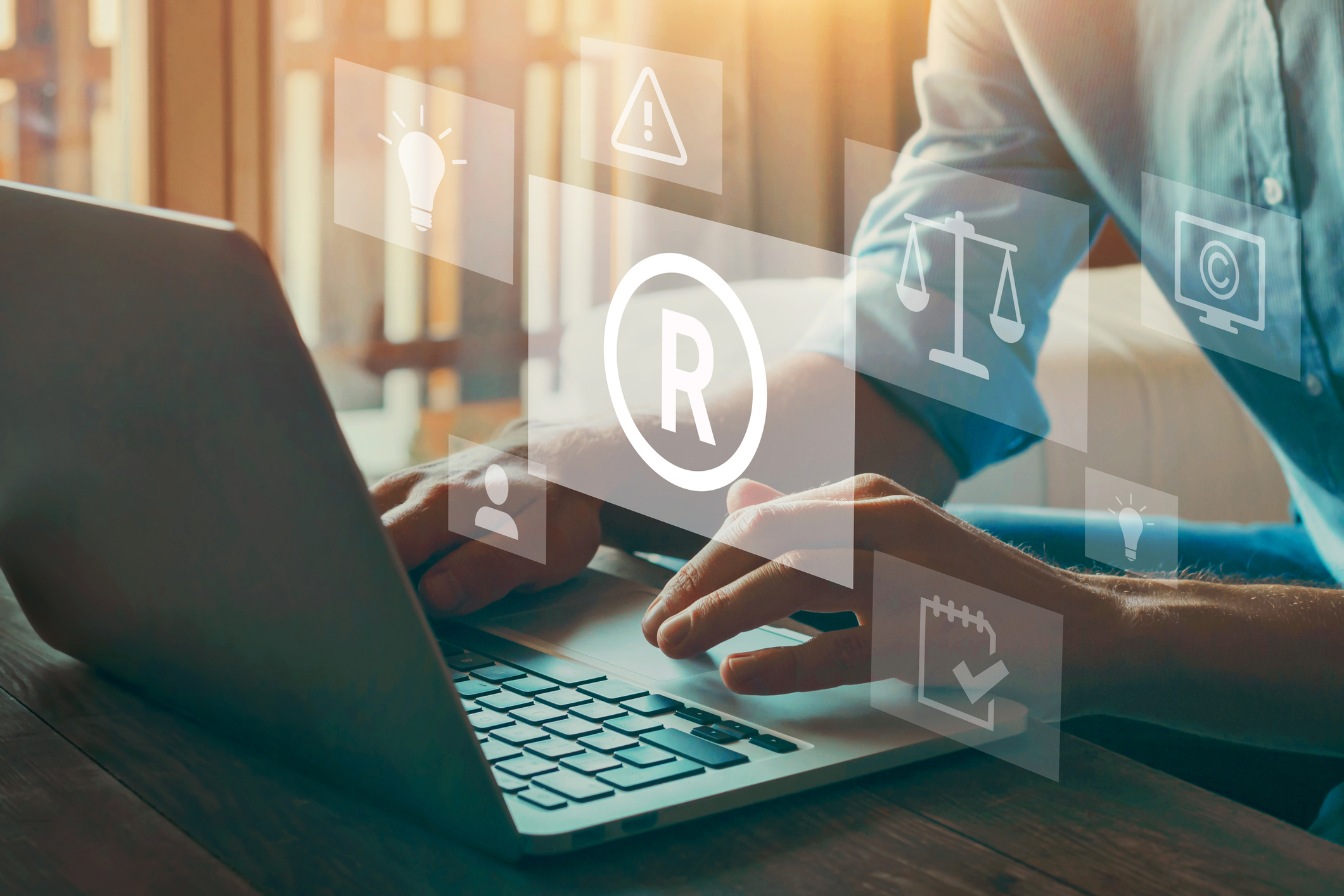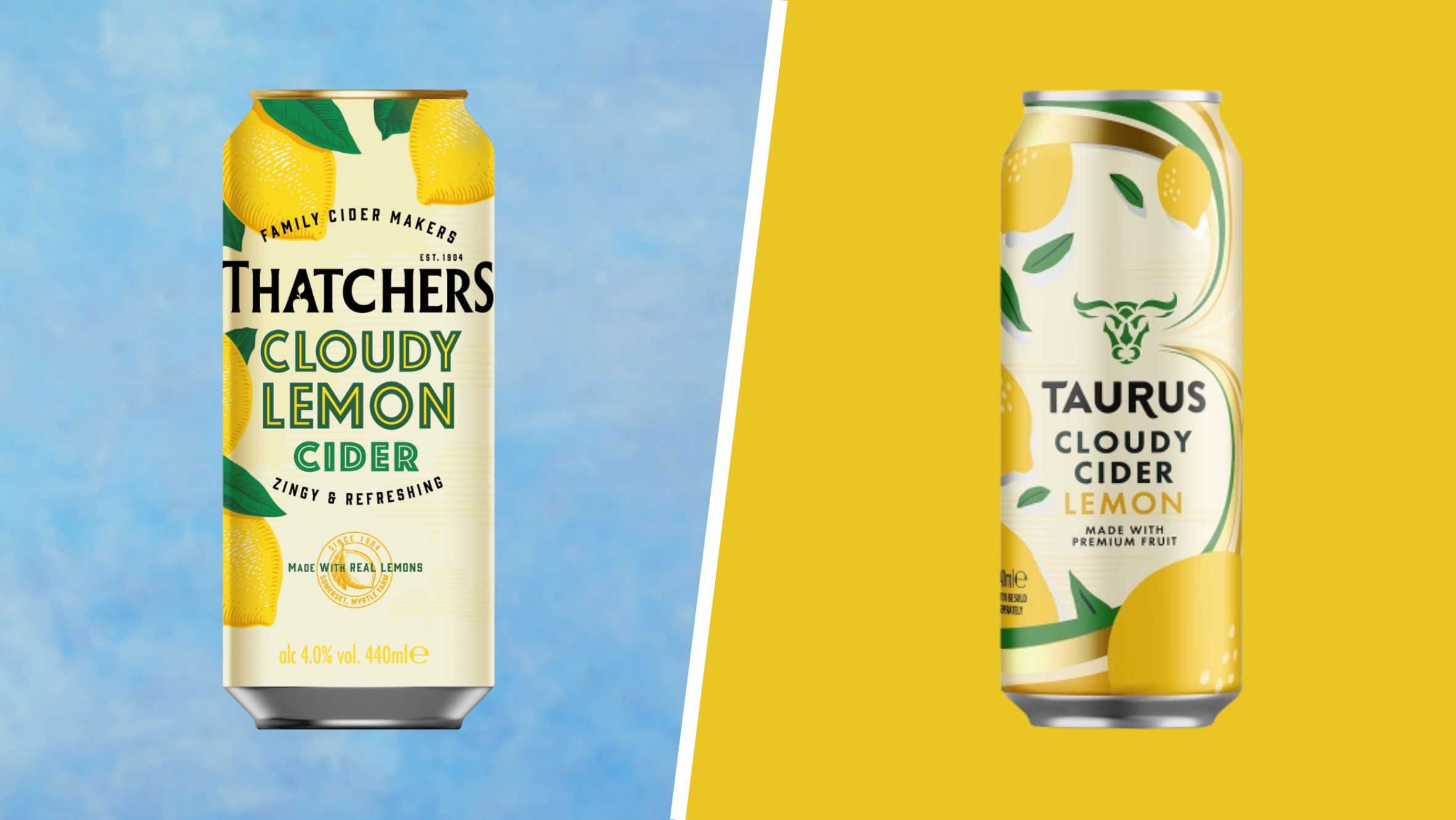Intellectual Property
Welcome to the Stephens Scown Info Hub for Intellectual Property – home to our latest legal news, insights, videos and FAQs.
- Adoption
- Alternatives to Court
- Arrangements for Children
- Brand Protection
- Brexit
- Business Disputes
- Business Law
- Buying and Selling Your Home
- COVID-19
- Charities
- Child Abduction
- Children
- Children in Care
- Cohabitation
- Commercial Property
- Community News and Giving Back
- Construction
- Corporate and Commercial
- Data Protection
- Disputes with Businesses
- Divorce and Separation
- Domestic Abuse
- Employee Ownership
- Employment and HR
- Energy
- Family
- Finances Following Divorce and Separation
- Finances for Children
- Food and Drink
- Healthcare
- High Net Worth
- Holiday and Residential Parks
- Immigration
- InSync
- Inheritance and Trust Disputes
- Insolvency and Bankruptcy
- Intellectual Property
- International Divorce
- Landlord and Tenancy Disputes
- Leisure and Tourism
- Marine
- Mining, Minerals and Waste
- Money
- Personal Disputes
- Planning
- Pre and Post Nuptial Agreements
- Property Disputes
- Public Sector
- Real Estate
- Recruitment and Careers
- Regulatory Compliance and Enforcement
- Residential Property
- Rural
- Social Housing
- Stephens Scown News
- Technology
- Unmarried Couples
- Wealth Protection and Planning for Later Life
- Wills and Inheritance Planning
Top Intellectual Property Services
View AllIntellectual Property Latest Articles
View AllIntellectual Property Video Lounge
View AllOur Intellectual Property Lawyers
View AllIntellectual Property Top FAQs
Business
View all business FAQs-
The IP & IT Team at Stephens Scown are specialised in providing clients with the sort of legal documents they need to ensure they’re protected online. These include privacy policies (which also cover off compliance with “cookie” legislation) and terms and conditions which protect you from visitors to your website. We also help our clients draft and govern the rules by which transactions occur on their website – especially in consideration of the distance selling regulations.
-
E-commerce is the term that broadly covers all the facets of on-line sales, including, but not limited to; online shops, the bringing together and use of data through social media, e-mailing prospective and established customers (for example, newsletters), business to business buying and selling, and secure online transactions. For more information and insights on technology please visit our technology info hub, alternatively please reach out to our experienced Technology team. Our specialist legal team are also available to support you and your business with Data Protection and Intellectual Property advice.
-
Copyright is the automatic right which is attached to the way in which ideas are expressed. For more information and insights on intellectual property please visit our intellectual property info hub, alternatively please reach out to our experienced intellectual property team. Our specialist legal team are also available to support you and your business with Data Protection and Technology advice.
-
If someone is using a trade mark similar to your own (whether as a domain name, trading name, company name or in some other fashion), and you have a registered trade mark, that third party might be committing registered trade mark infringement. If they are, there are steps you can take to stop that party from continuing to use that mark. For more information contact us.
-
In order to register your trade mark, it needs to be distinctive and non-descriptive. Trade marks aren’t just limited to words and names – logos, sounds and even smells can be considered a trade mark. For more information and insights on intellectual property please visit our intellectual property info hub, alternatively please reach out to our experienced intellectual property team. Our specialist legal team are also available to support you and your business with Data Protection and Technology advice.
-
Every company has a trade mark – usually it is either the name of the company or the product it produces/the service it offers. Your trade mark acts as a badge of origin, letting the public know where that product/service comes from. A trade mark registration creates a monopoly in your registration – enabling you to stop others benefiting from your brand or the business you generate through word of mouth (and thus protect your reputation).













